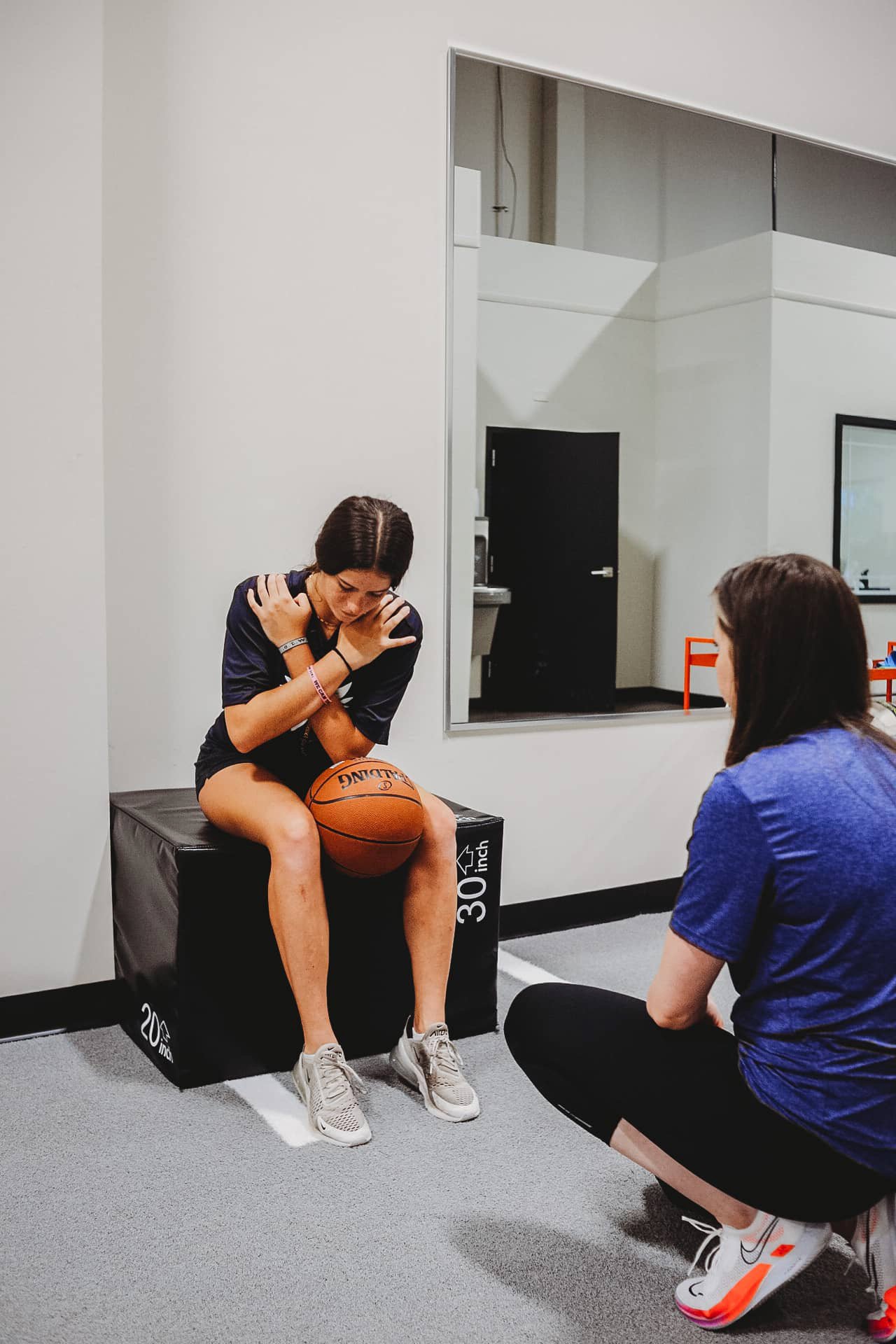Herniated Discs in Orlando Athletes: Causes, Symptoms, and Treatment with Physical Therapy
Herniated discs, also known as slipped or ruptured discs, are a common injury among athletes. In Orlando, Florida, where there are many sports teams and athletes, this injury is prevalent. This type of injury occurs when a disc in the spine slips out of place or ruptures, causing pressure on the spinal nerves. This pressure can lead to pain, numbness, and weakness in the affected area. In this blog post, we'll take a closer look at herniated discs in Orlando athletes, including their causes, symptoms, and treatment options with a focus on physical therapy.
Causes of Herniated Discs in Orlando Athletes
Herniated discs can be caused by a number of factors, including repetitive motions, trauma, and age-related wear and tear. In Orlando athletes, herniated discs are often the result of repetitive strain on the spine. Athletes who participate in sports that require twisting, turning, or lifting, such as football, basketball, or weightlifting, are at a higher risk of developing herniated discs.
Symptoms of Herniated Discs in Orlando Athletes
The symptoms of a herniated disc can vary depending on the location and severity of the injury. Some common symptoms of herniated discs in Orlando athletes include:
Back pain: This is the most common symptom of a herniated disc. The pain may be localized to the affected area or may radiate down the legs.
Numbness or tingling: This may occur in the affected area or in other parts of the body, depending on the location of the herniated disc.
Weakness: The pressure on the spinal nerves can cause weakness in the muscles of the affected area.
Loss of reflexes: In severe cases, the pressure on the spinal nerves may cause a loss of reflexes in the affected area.
Treatment Options for Herniated Discs in Orlando Athletes with Physical Therapy
Treatment for herniated discs in Orlando athletes depends on the severity of the injury and the athlete's specific needs. Physical therapy is a common treatment option that can help alleviate the symptoms of a herniated disc. Sport Physical therapists at Premier Performance and Physical Therapy are specialized in treating athletes and can provide tailored treatment plans to help athletes return to their sports. Other treatment options include:
Medication: Over-the-counter pain medication or prescription medication may be recommended to alleviate pain and inflammation.
Corticosteroid injections: These injections can be used to reduce inflammation and pain in the affected area.
Surgery: In severe cases, surgery may be required to repair the herniated disc and alleviate the pressure on the spinal nerves.
Prevention of Herniated Discs in Orlando Athletes
Preventing herniated discs in Orlando athletes involves a combination of proper technique, conditioning, and injury prevention strategies. Athletes should work with their coaches and trainers to ensure that they are using proper form when performing sports-specific movements. They should also engage in regular strength and conditioning exercises to strengthen the muscles of the back and core. Injury prevention strategies such as wearing proper equipment and taking rests breaks during practices and games can also help prevent herniated discs and other injuries.
Physical Therapy for Athletes with Disc Herniation
Herniated discs are a common injury among Orlando athletes, but they can be effectively treated with the right combination of physical therapy, rest, medication, and/or surgery. Athletes in Orlando should take steps to prevent herniated discs by using proper technique, engaging in regular strength and conditioning exercises, and wearing proper equipment. If you are an Orlando athlete experiencing symptoms of a herniated disc, it's important to consult with a board certified sports physical therapist for an accurate diagnosis and treatment.


